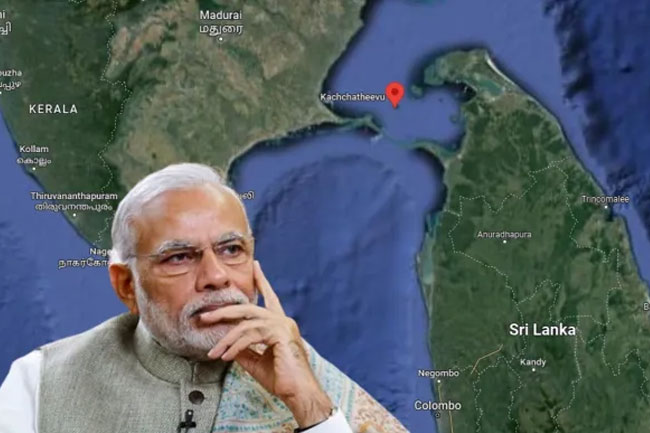Abstract
The assessment of the coastal security of India has been done in this paper, focusing on the disputes of Katchatheevu Island. The importance of coastal security for India is highlighted in this paper, followed by a deep analysis of the complexities surrounding island ownership and how it is impacting the livelihood of fishermen. Exploration of various challenges that are faced in ensuring effective coastal security in the region and also a discussion of the broader challenges that the country faces in its overall coastal security strategy, majorly including multiple agency involvement, resource constraints, and coordination issues.
This paper tries to critically analyse the interventions and reforms done by the government in the past to manage coastal security An assessment is done of its effectiveness and applicability, pinpointing where improvements can be considered, and the recommendations are put forward in the existing policies considering the changing dynamics and potential ways to resolve the issues.
Keywords: Katchatheevu Island, India, Sri Lanka, Island Dispute, Law of the Sea, Conflict Resolution, Indo–Ceylon Agreement (1974) etc.
Introduction
-
Importance of Coastal Security in India
Land and Maritime Security
It is easy for individuals to understand what security means when there is land under one’s feet, and boundaries are defined clearly and controlled. However, the same is not true with the gigantic ocean as it is an alien environment, lacking roads, physical boundaries, or law enforcement patrols. All this leads to differences in the principles guiding the security operations on land and at sea. It focuses on protecting territorial borders, restricting access to hostile entities, and controlling movement. At sea, the emphasis is more on ensuring freedom of navigation and unrestricted access. The ocean is considered to belong to all of humanity and a global resource leading to distinct security regulations.
India’s Coastal and Maritime Significance
Stretching over 7,516 km, India’s shoreline not only just provides us with a scenic spot but is a bustling trade hub. This sizable stretch of land, dotted with islands and encompassing 9 states and 4 union territories, plays a very vital role in international trade. These coastal regions are not just home to vibrant cities but also house strategic installations that are essential for national safety, from protection and atomic energy to essential resources like petroleum. The presence of 12 major ports and over 200 smaller ones, further amplifies the importance of coastal security. This very economic vibrancy additionally will increase the vulnerability of the coastline.
Click Here To Download The PDF






